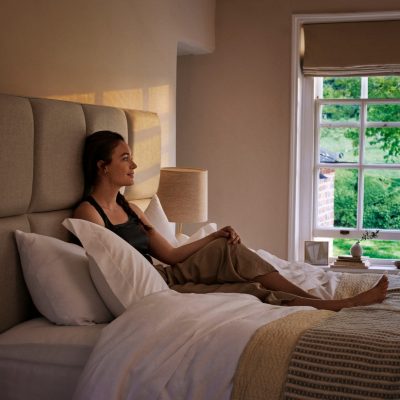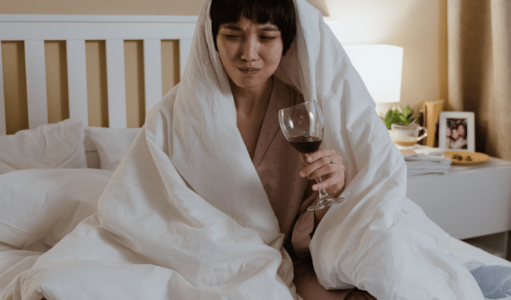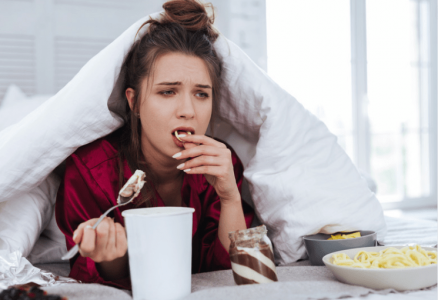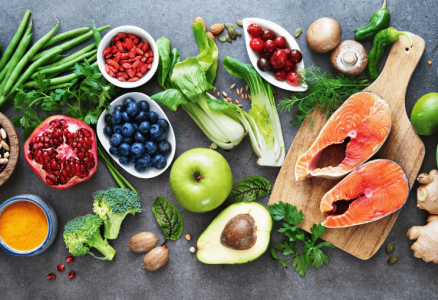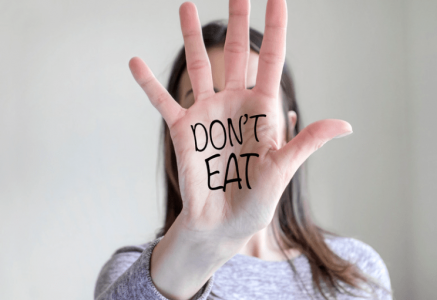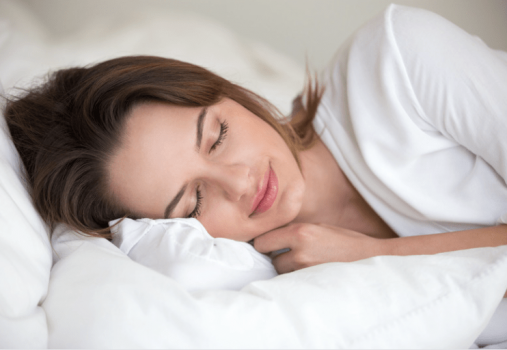Tiffany Shek's Bio
Tiffany Shek is a Registered Dietitian (UK) who is passionate about the science of nutrition and the art of great food.
Academically, she obtained Master’s of Science in Nutrition at King’s College London, and her Postgraduate Degree in Dietetics at HKU SPACE thereafter. Between her years of studying, Tiffany attended Matthew Kenney Culinary School in Los Angeles, where she explored innovative ways to incorporate more plant-based ingredients into one’s diet.
She also worked in several restaurants in Hong Kong and was the founder of Grain of Salt, the first evidence-based holistic wellness hub in Hong Kong.


